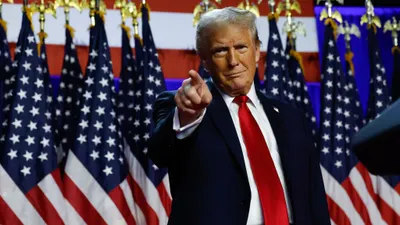Trump's Impact on Medtech: Tariffs, Leadership Changes, and Mergers

The return of Donald Trump to the presidency introduces uncertainty for the medtech industry due to potential tariff changes, trade impacts, and shifts in healthcare policies[1][2]. While some anticipate a more favorable environment for mergers and acquisitions, the looming threat of increased tariffs, especially on goods from China, poses financial concerns for device companies[2]. New leadership nominations, including Robert F. Kennedy Jr. for the Department of Health and Human Services and Martin Makary for the FDA, suggest shifts in regulatory influence that could impact this sector. Furthermore, the regulatory landscape concerning laboratory-developed tests (LDTs) remains uncertain due to plausible legal challenges and enforcement strategies influenced by such leadership changes[1][2].
References
Explore Further
How might the appointment of Robert F. Kennedy Jr. and Martin Makary affect the future regulatory landscape for the medtech industry?
What potential strategies could medtech companies implement to mitigate the impact of increased tariffs under Trump's administration?
How are industry leaders like Johnson & Johnson and Boston Scientific preparing for potential changes in FDA enforcement and regulations?
In what ways could the anticipated environment for mergers and acquisitions under Trump's leadership benefit or disadvantage smaller medtech firms?
What specific challenges do laboratory-developed tests (LDTs) face in the context of Trump's proposed leadership and regulatory changes?